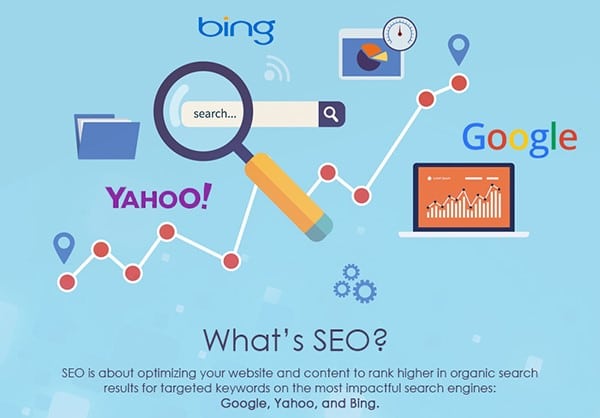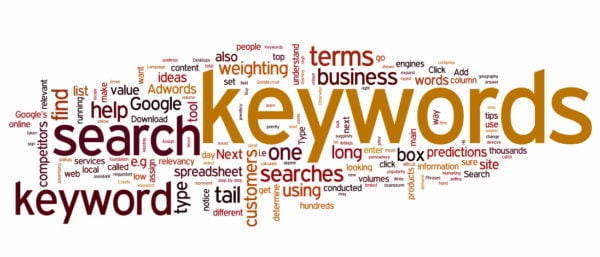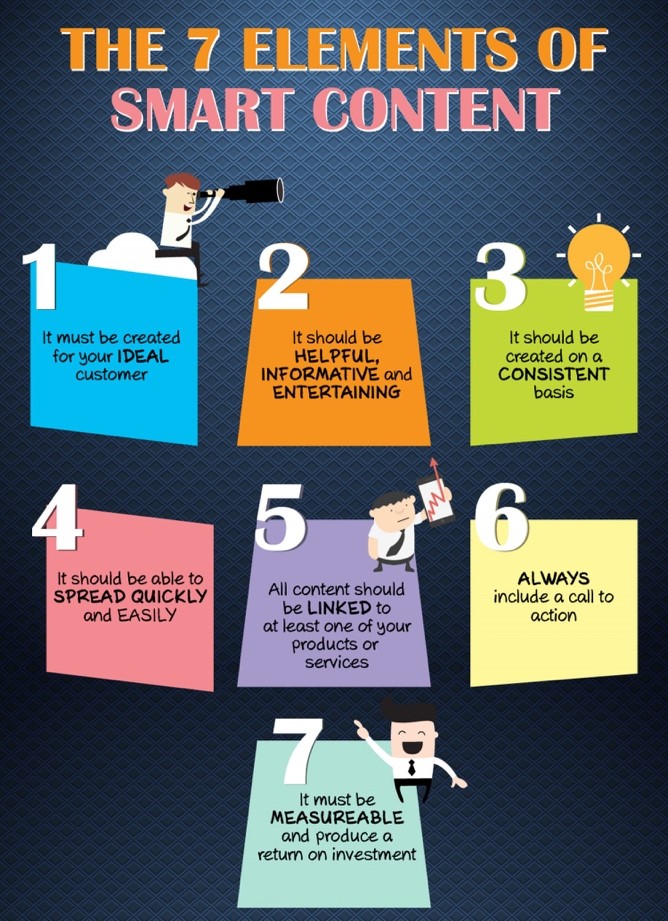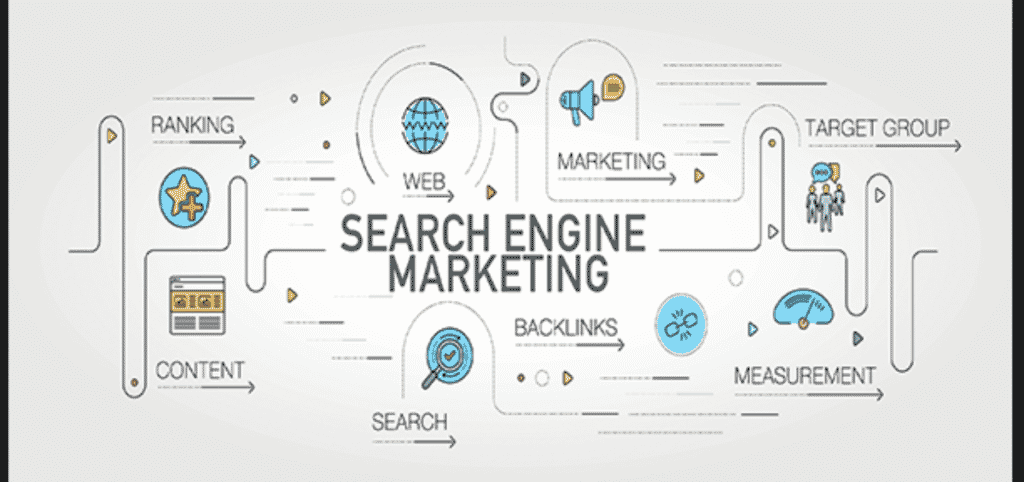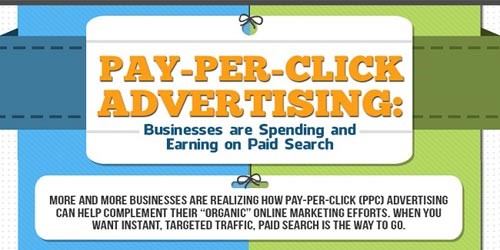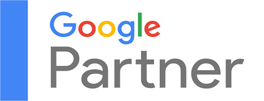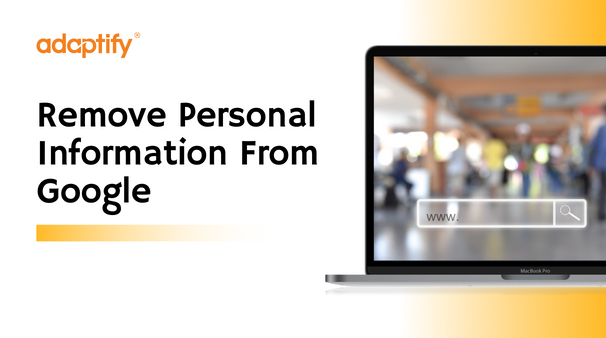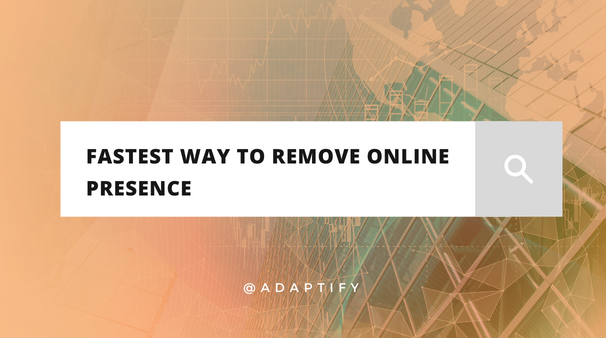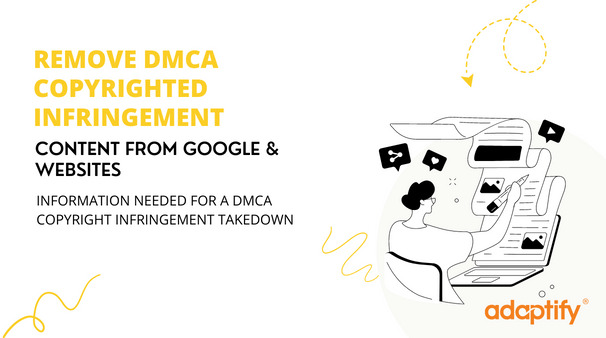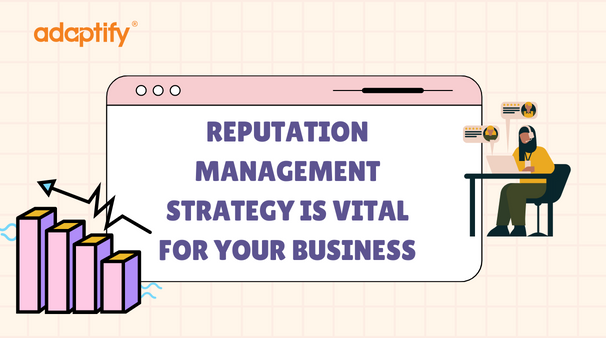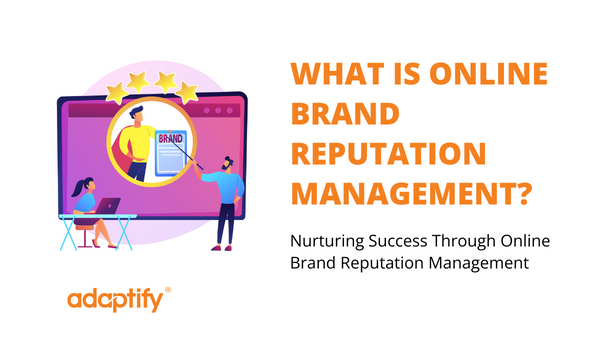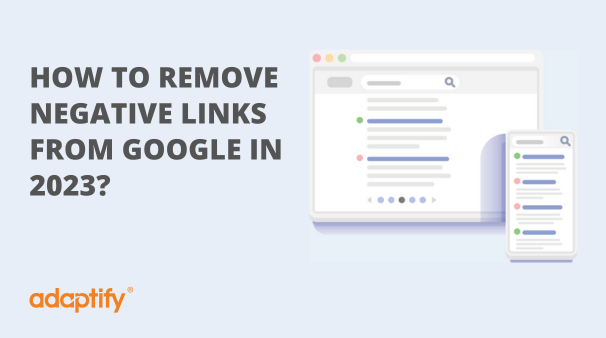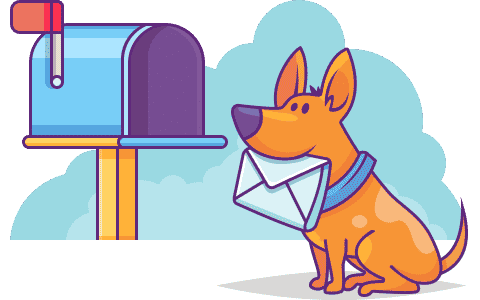Winning a first position on Google Page is like hitting the jackpot in business. It’s a big-ticket item because the ramifications are endless.
Today, 81% of customers go online to research a product before buying a large item and 61% look online before a purchase of any size. Therefore, it pays to know how to be first in Google searches.
Unfortunately, getting on Page One on Google can be a bit of a lottery, especially if you only apply one aspect of a digital marketing campaign. The aim of the game is to meet as many customer expectations as possible, so you don’t miss any opportunity to attract and convert new customers.
If you’re a small to medium enterprise (SME), you may be tempted to try to save costs by keeping your SEO strategies in-house or even sitting down at the computer on the weekend yourself to try to figure it out. Remember, you’re playing in a minefield of mishaps, which could devastate your Google chances before you start.
This is one of those times you will need to spend money to make money. Unless you’re an SEO expert, you won’t even begin to be able to understand the ever-changing landscape that dictates how to be first on a Google search.
If you don’t employ a digital marketing strategy, your online-savvy competitors are ready at your heels to pick up the slack and steal away any potential customers you may have hooked if you weren’t lingering on Page Two of Google searches.
A massive 75% of people never go past Page One of Google searches,
so you’re really missing out on a plethora of profitable opportunities. HubSpot
Google marketing is a multi-pronged approach, involving many factors for ultimate success. The first thing everything thinks of when they’re asked, “How to be first on Google”, is finding a reliable strategy for SEO.
Is Search Engine Optimisation the Holy Grail for Google?
Think small to win big on SEO
There is an element to SEO that is very important for SMEs to consider and that is to remember who you are competing with. It may be the reason for celebration that you’ve outranked a multinational corporation, yet, how appropriate is that win if you can’t facilitate the interest it generates?
Think niche and go local to achieve best results for SEO. For example, if you’re a suburban hairdresser and you offer hair extensions, you don’t want to be asked to supply hair extensions across the globe. You simply want to increase traffic from local customers who are craving longer hair, therefore, for your SEO should target those local clients.
This is where careful consideration of your keywords comes into play. The more generic, the less likely you’ll hook the local fish. So be specific when constructing your keyword profile.
A giant mistake that a lot of businesses make is to try to stuff every page of their website with all their keywords. This just muddies the Google pond and confuses customers.
Create separate pages for different products or services, so you can maximise the keyword streams on those pages.
The best way to place your keywords throughout your content is to include them in the following:
• Your website URL: www.yourwebsite.com.au/best-keyword-practice here.
• Title tag and headings, including H1, H2, H3, etc.
• In the Alt image tag and captions, if applicable.
• Throughout the page content.
Remember that including the right keywords on the page will not get you off the hook for creating on-topic, in-depth, logical and informative content. You will still need to cross that bridge when you come to it.
Winning website strategies

Cover all bases with a fully functioning website that hits Google gold.
There is a whole other world behind the website interface you engage with when you click on a homepage or a dropdown menu. The backend of the World Wide Web could be likened to a quantum physics exercise, with ‘wormholes’ everywhere, so only an expert coder can help you out of this conundrum.
It pays to work closely with your webmaster to identify on-page fixes and ensure the coding is correct to best optimise your site.
You also want a fast-response website that appeals to time-poor potential customers. Google has set the bar by penalising web pages that take longer than 2 seconds to load because this directly impacts bounce rates.
When refreshing your website, make sure the site is mobile-friendly because this dramatically impacts your Page One Google rankings. With so many people searching “on the go”, you’ll miss out on a host of hungry customers looking for an instant buyer fix.
Create professional content that makes your business look good
Content creation has long been the glorified king of web page search results because content is a great way to offer customer value, while positioning your brand as an industry leader.
Google loves quality content because of what it does for the customer. Knowledge-based content can become a customer’s best friend, offering great advice, top tips and helpful hints about how to achieve something or do something or learn something.
This makes Google a juggernaut of “helpfulness”, which gives a warm fuzzy feeling for the customer experience overall.
There are currently 88% of B2B companies using content marketing as part of their overall online advertising strategy, which means the sky’s the limit for using blog posts, webinars, infographics, social media articles, newsletters and videos to lure new customers.
Make sure your website content reflects the keywords you want to show for and is relevant and easy to read.
The main benefits of regularly creating and uploading fresh, informative content are:
• Content can boost rankings because it offers an opportunity for more logical keyword placement
• The more content you have, the more quality links you are likely to accumulate, giving your website extra corporate credibility
• Engaging content improves your ‘bounce rate’, by enticing potential customers to stay on your site longer.
Back linking bonuses
Buy your way to the top
Search Engine Marketing (SEM) is often the go-to for forward-thinking business owners, who want to hit hard and fast when it comes to winning big with Google.
While roughly 64% of marketers invest in SEO, 94% of all mobile and tablet searches are derived from Google, and more than 61% of searches overall are Google-driven. This makes paid Google campaigns a very lucrative arena to get your business in front of.
Google loves its own glory and therefore prefers to promote Search Partner Sites, including YouTube, AOL, NY Times, Washington Post and multiple Australian sites, which have been approved by Google to run AdSense on their site and are only to do with the display network.
The joy of using a Google-owned site like YouTube is that Google is instantly flattered and pitches you above the competitors. Therefore, including quality video on your website is great for SEO.
These days, you can easily record a professional-looking video with the latest smart device, so you don’t have to pay a huge amount to a production company – unless you have a brand whereby a slick corporate video is likely to make a solid ROI.
Partner sites are not to be confused with Google Partner Certificates, which are often worn by PPC agencies and sites that usually include search, video, display and shopping advertising.
For example, if you’re a plumber, you won’t be gunning to become a Google Partner. However, it may pay to advertise with one, which leads to the next rung in the Google Page One rankings ladder, PPC or Pay Per Click.
Get Some ‘Click Happy’ Help
Get Google To Notice You First By Contacting Our Team
We have helped many local businesses across a wide range of industries achieve a Google 1st page ranking. Contact us today on 1300 423 566 to discuss how we can help you hit a Google home run.

